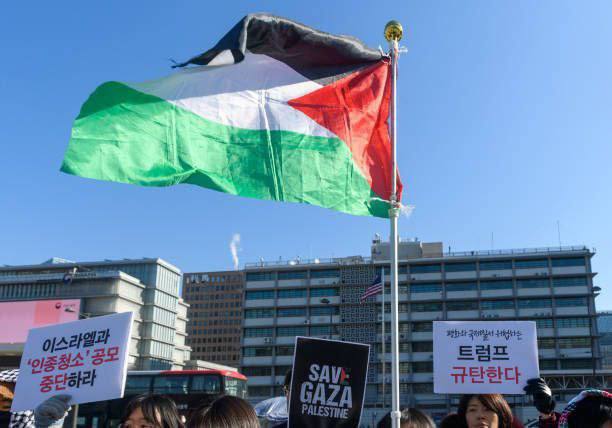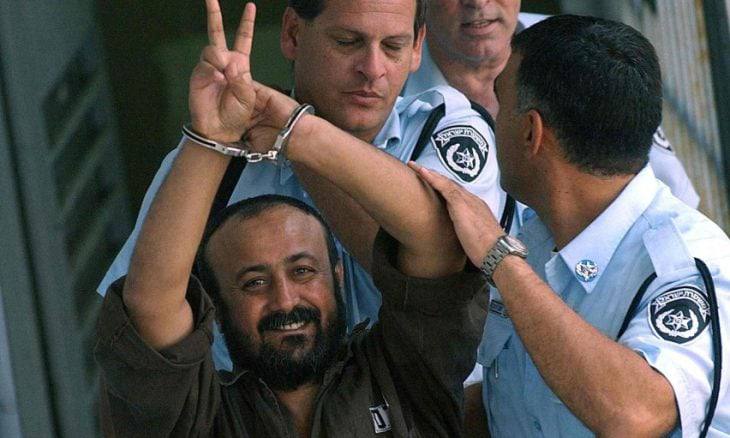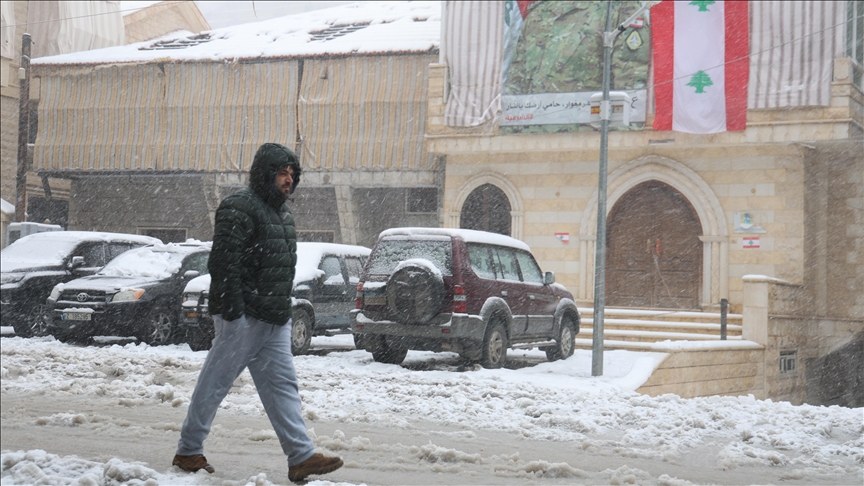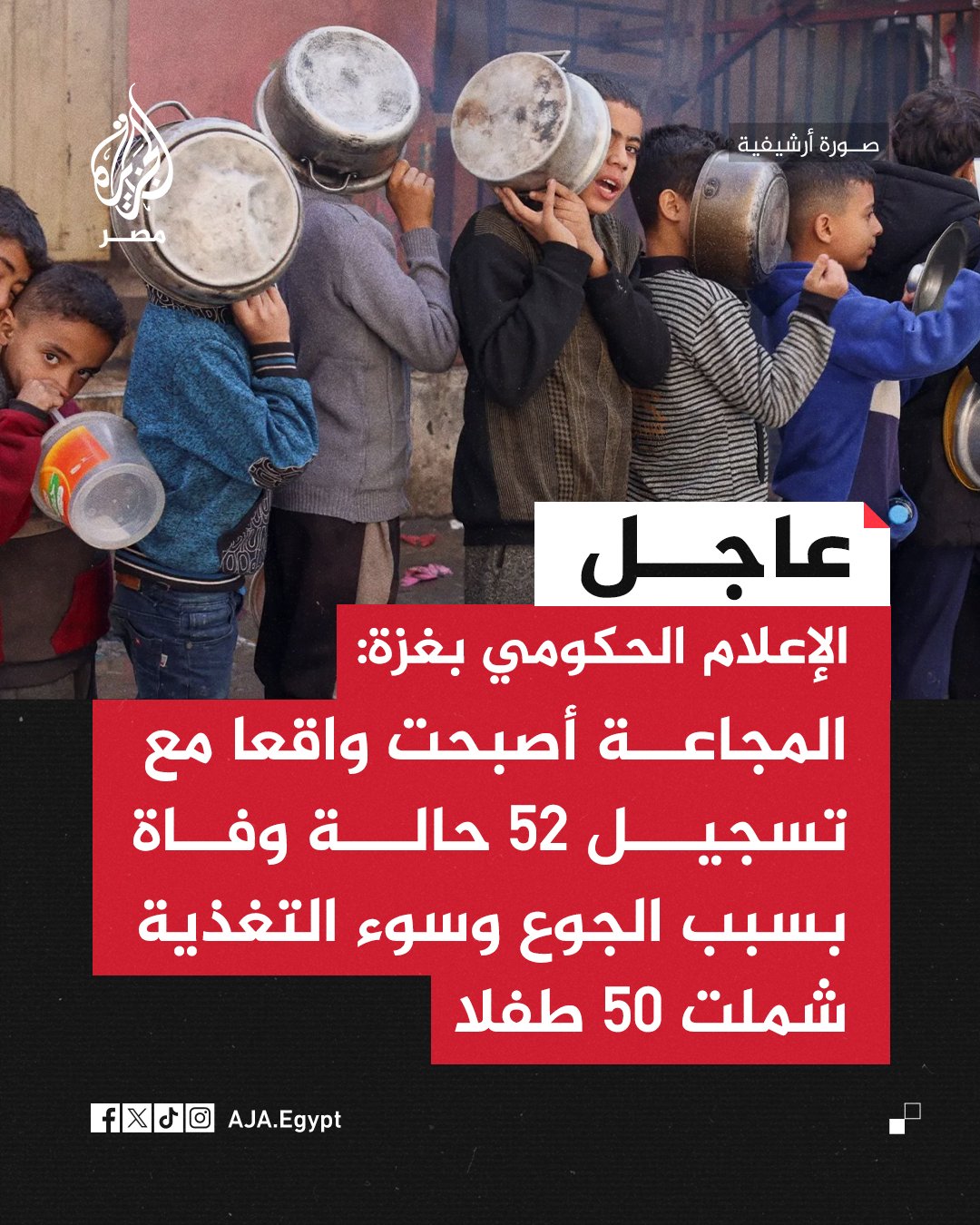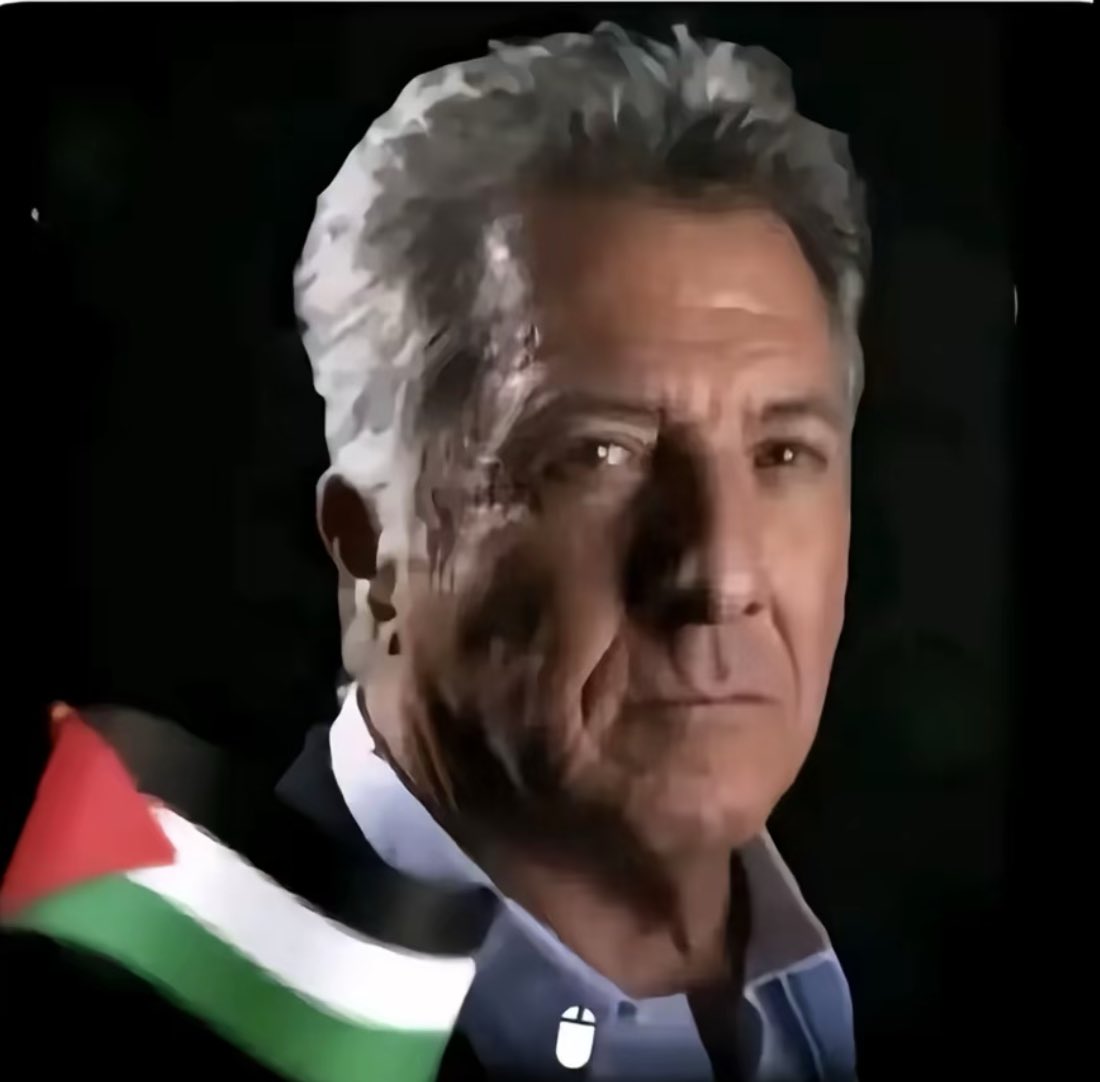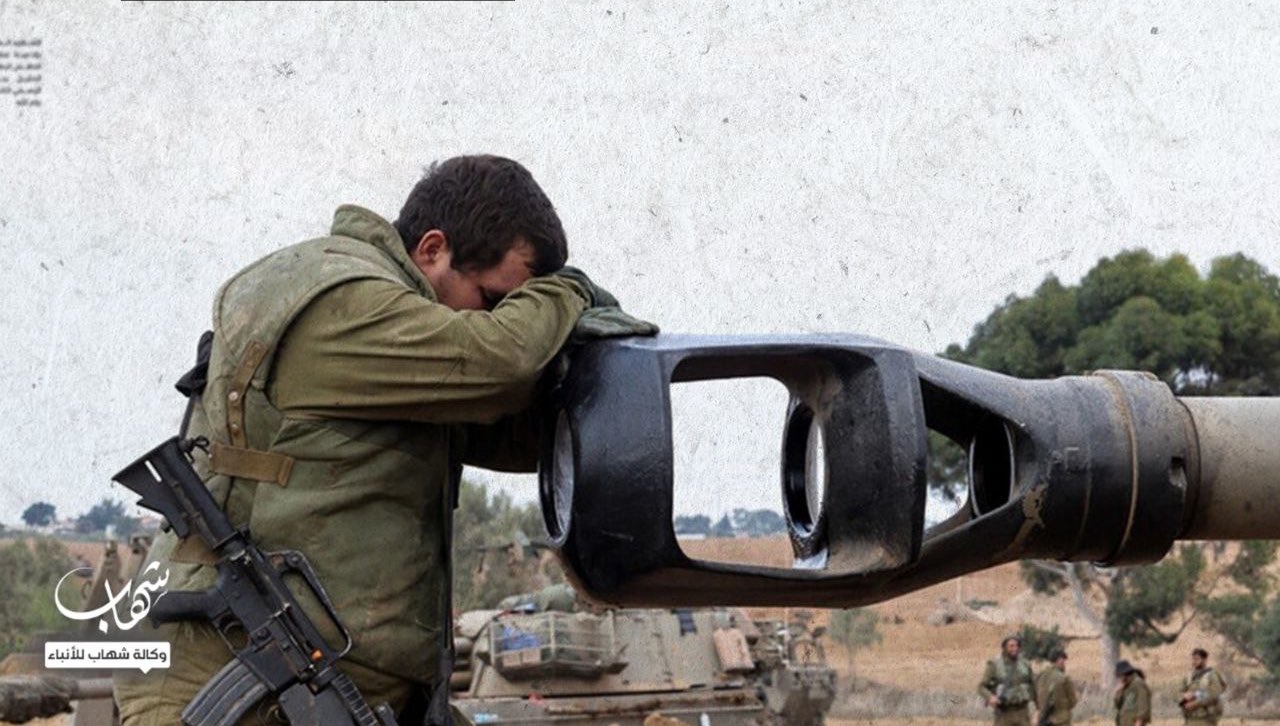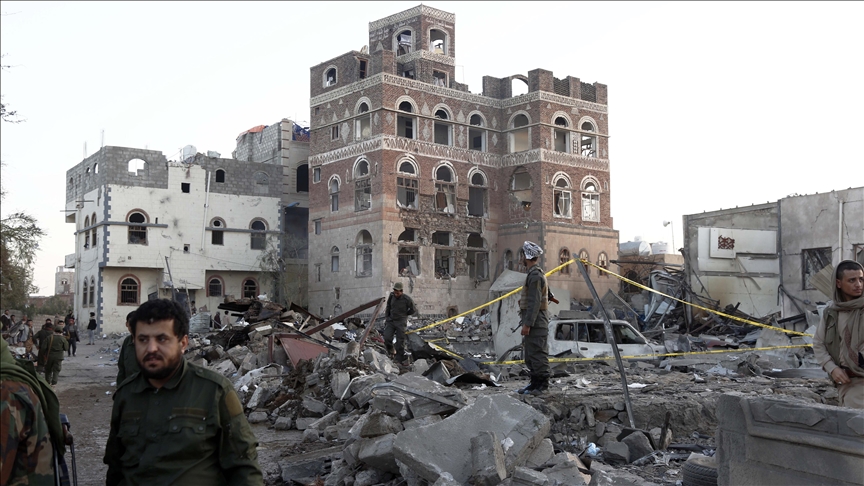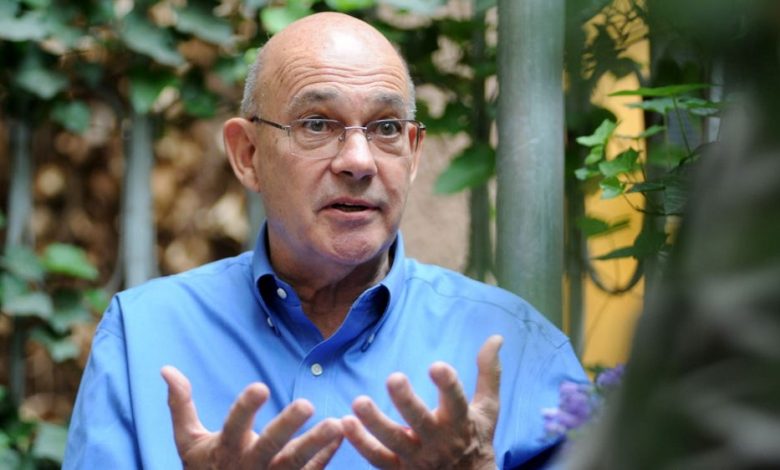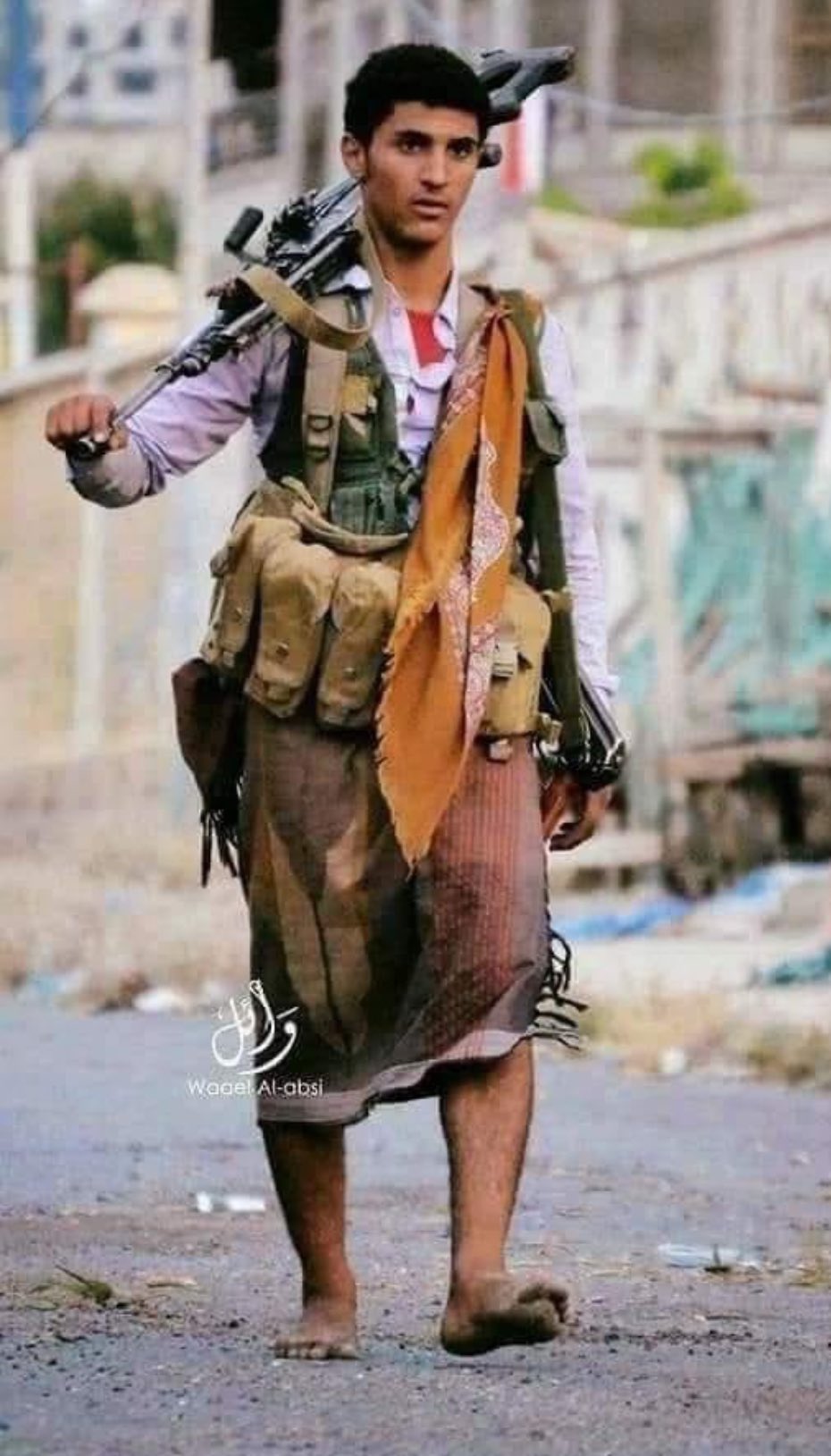Ceasefire Gaza: Israel Maintains Grip on The Ruined Strip
Despite the declaration of a ceasefire on 19 January 2025, Israel continues to commit genocide in the Gaza Strip by denying Palestinians the basic necessities for survival and imposing conditions of life calculated to bring about their physical destruction.
Israel is not content with the mass killings and devastation it inflicted on Gaza over the past 15 months. Now, it is enforcing measures to effectively kill the population through an illegal, total siege that blocks the flow of basic supplies and humanitarian aid, prevents the repair of essential infrastructure, and denies services indispensable for survival.
Israel is fully aware of the catastrophic impact of its unlawful actions on Palestinians in Gaza, including the severe and lasting consequences for marginalized communities and people with critical medical conditions. Yet, in the absence of meaningful international pressure to end its ongoing crimes, these violations continue unabated.
Although the mass killings in Gaza have halted since the ceasefire, Israeli occupation forces continue to kill Palestinians without legal grounds, using false justifications.
Euro-Med Monitor has documented the killing of at least 110 Palestinians since the ceasefire, with an average of about six deaths per day. These victims include both new fatalities, killed directly by the IOF, and individuals who succumbed to their prior injuries after Israel denied the right to travel abroad for treatment. Additionally, 901 Palestinians have been injured since the ceasefire, averaging 47 injuries per day.
Thousands remain missing beneath the rubble, yet recovery efforts are still hampered by Israel’s deliberate delays in allowing the necessary equipment into the enclave. Recovery operations are currently being carried out with manual tools or basic equipment that is not suitable for dealing with thousands of tonnes of rubble. As of right now, 571 dead bodies have been recovered in the Strip, at a rate of 30 per day.
Since the ceasefire, only a handful of injured and ill Palestinians from Gaza have been permitted to travel abroad for treatment, leaving thousands at risk of death due to Israel’s ongoing denial of their right to receive treatment.
In addition to ensuring a severe shortage of specialised medical personnel, generators, fuel, and oxygen stations, Israel has obstructed the rehabilitation of destroyed hospitals and blocked the entry of medical supplies, medications, and equipment.
Further, in addition to blocking equipment needed for maintenance and restoration, the ongoing and illegal restrictions by Israel are preventing the entry of temporary shelters, tents, and basic supplies for the hundreds of thousands of Palestinians whose homes it has destroyed. This has worsened their suffering under harsh weather conditions, as there are no adequate shelters available because Israel demolished most of the homes and shelters in the Strip.
Israel is deliberately obstructing the restoration of essential infrastructure, including water and sewage systems, endangering civilian lives and worsening environmental and health crises.
Israel also imposes strict restrictions on essential food production supplies, threatening large-scale famine in Gaza. Food stocks are depleting, and residents are unable to farm, fish, or secure food for their families. Through these measures, Israel seeks to make the Palestinian population entirely dependent on its decisions regarding humanitarian aid, which has become the remaining primary source of food for the people of Gaza.
The conditions imposed by Israel deliberately create living circumstances aimed to destroy the Palestinian population in Gaza, particularly when considered in the context of the widespread poverty, destruction, hunger, malnutrition, and the health and environmental disasters resulting from Israeli military actions since October 2023.
These actions violate Israel’s obligations under international humanitarian law and human rights law, including its duties as an occupying power to provide for the basic needs of the population. They also violate the rulings of the International Court of Justice, which require Israel to take prompt, decisive action to enable the delivery of humanitarian aid and urgent basic services to alleviate the dire circumstances that Palestinians in the Gaza Strip face.
According to the 1948 Convention on the Prevention and Punishment of the Crime of Genocide, which forbids imposing living conditions on a group with the intent to destroy it in whole or in part, Israel’s policy is nothing more than a consecration of the crime of genocide. Despite the ceasefire, Israel has not fundamentally changed its behaviour and policy to undo the devastating conditions it has imposed on the Palestinians in Gaza. Instead, Israel has continued to create conditions that are likely to ultimately result in the physical destruction of the Palestinian people, given the effects of its actions on all facets of their lives and the length of time they have endured these conditions.
In addition to taking effective measures to protect Palestinians from plans for forced displacement and slow killing, immediate international action is required to stop the crime of genocide in the Gaza Strip and to appropriately address the immediate needs of the population. As a critical part of ensuring their survival and dignity, adequate temporary housing must be provided to the Strip’s residents.
The entry and access of humanitarian aid should be guaranteed, along with the removal of any restrictions or blockades preventing the civilian population from receiving relief, hospital services, and access to water and education. The consideration of the needs of women, children, and members of the most vulnerable groups must also be guaranteed, as well as the prompt reconstruction of Gaza’s basic infrastructure; provision of social and psychological support to address the devastating psychological effects of the conflict, particularly on children and attack survivors; and the imposition of genuine pressure to lift the blockade imposed on the Strip so that the Palestinian people can reclaim their lives and human dignity.
The international community and the United Nations must act urgently to hold Israel accountable for its ongoing crimes against Palestinians. This includes enforcing effective sanctions, halting all military, financial, and political support, and immediately suspending all arms sales, transfers, and purchases, including export licenses and military aid. Israel must be held accountable at all levels, both domestically and internationally. Additionally, the International Criminal Court’s arrest warrants against the Israeli Prime Minister and former Defence Minister must be executed without delay and brought before international justice.

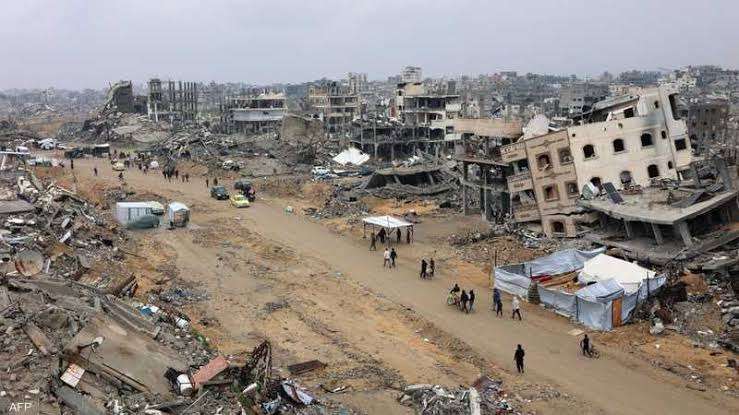
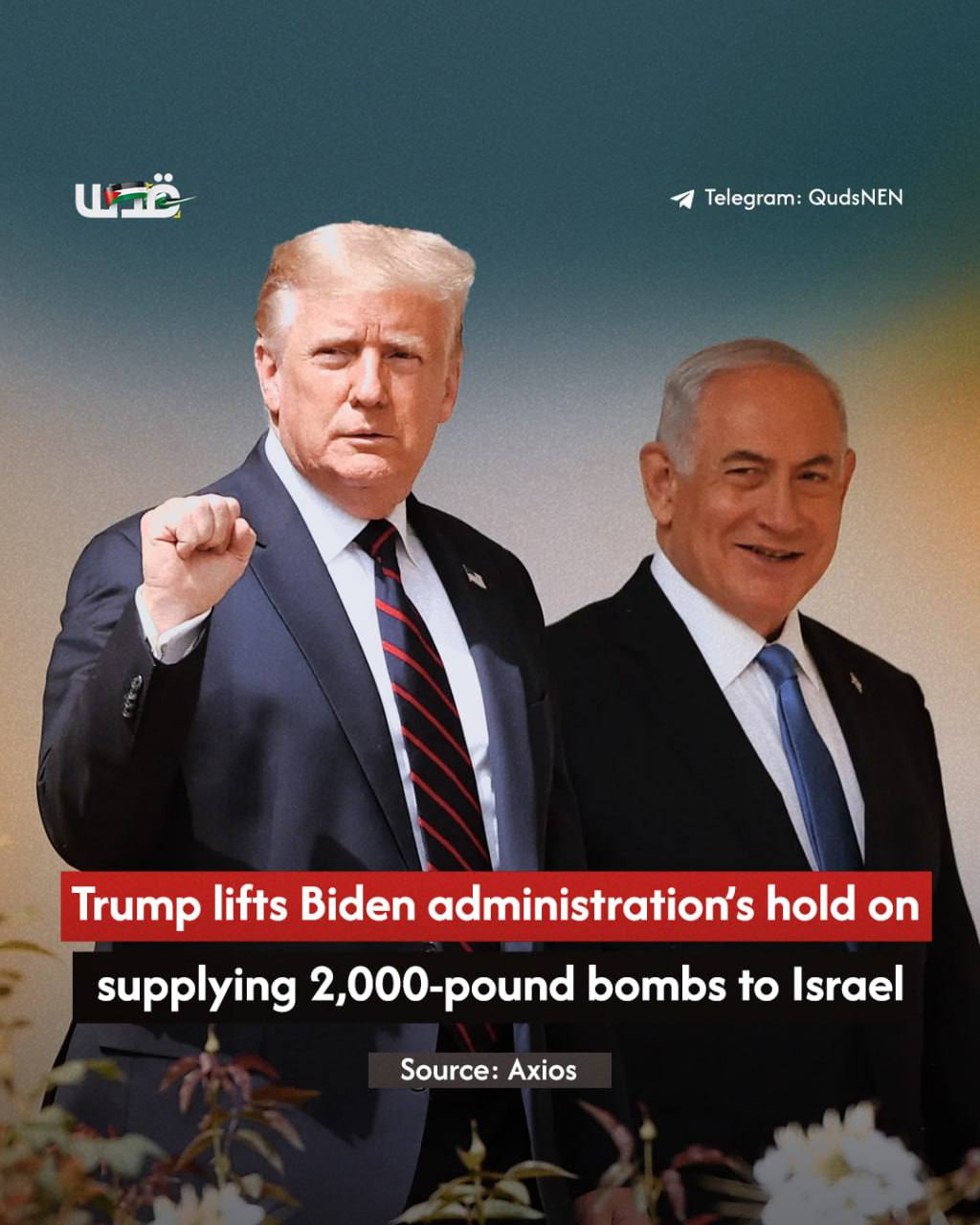
 (@KSAmofaEN)
(@KSAmofaEN) 